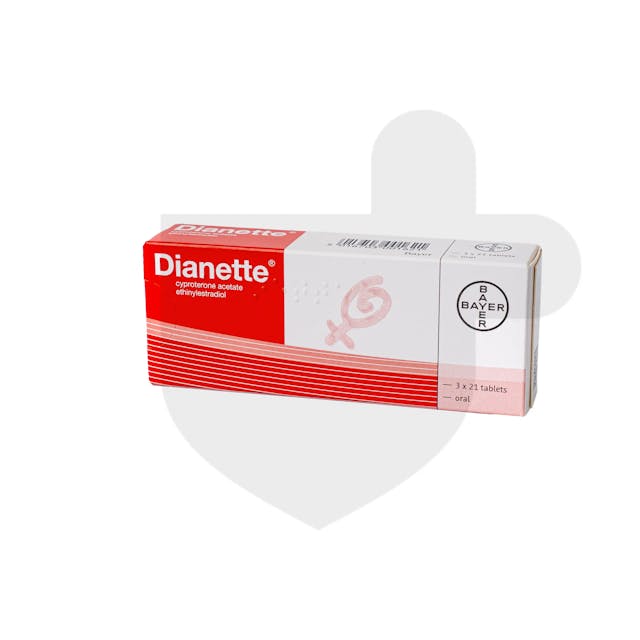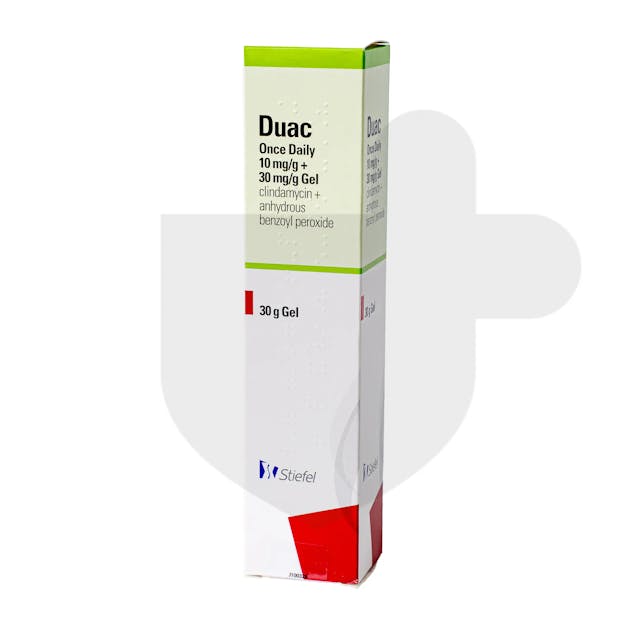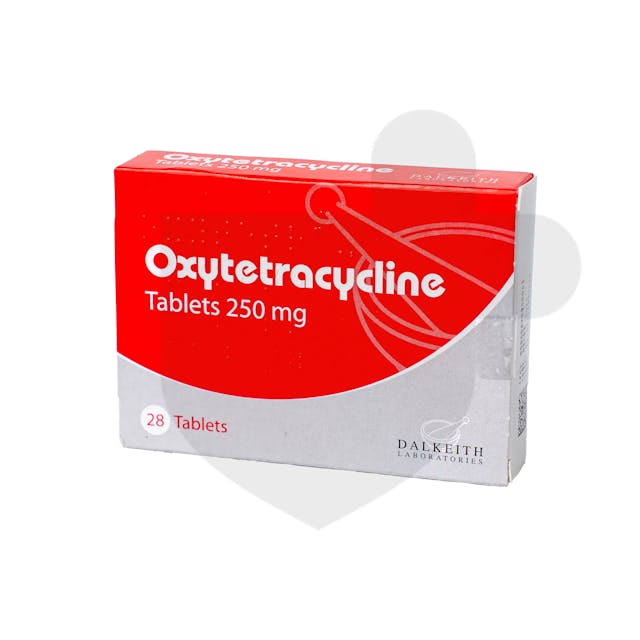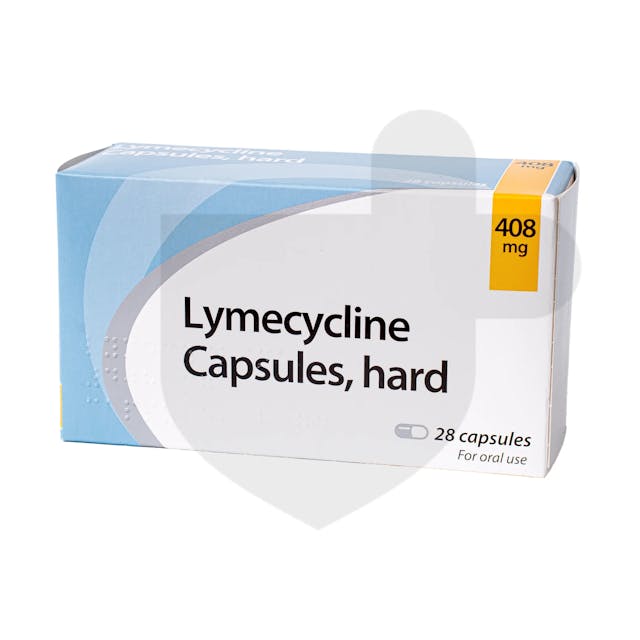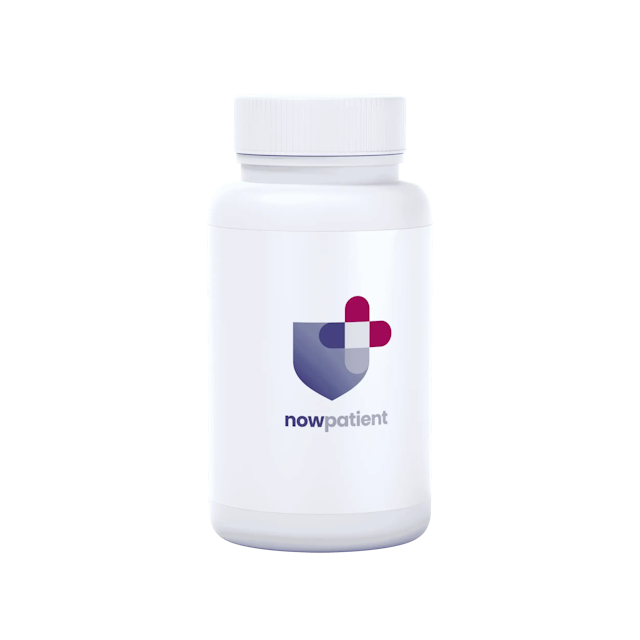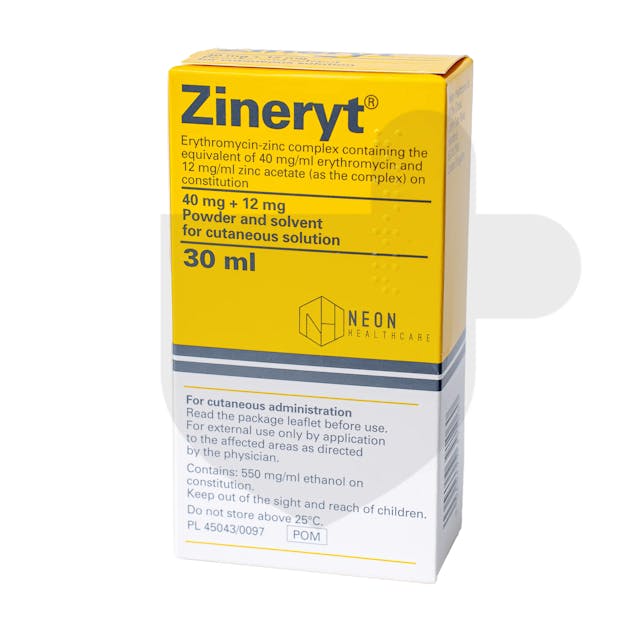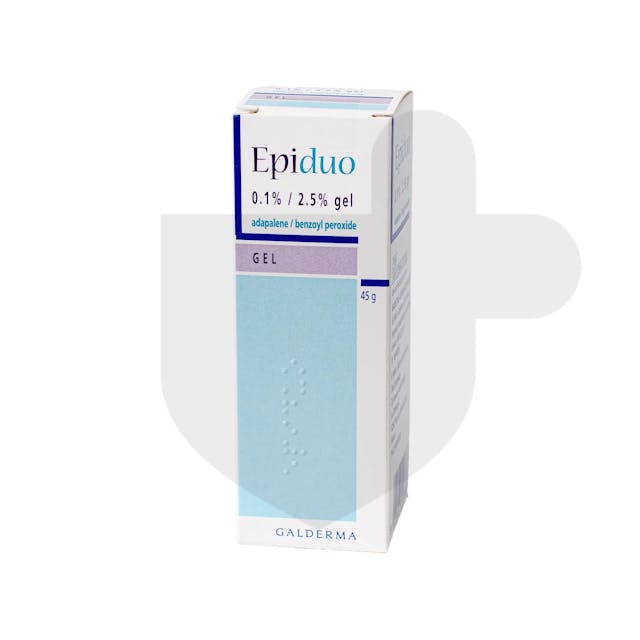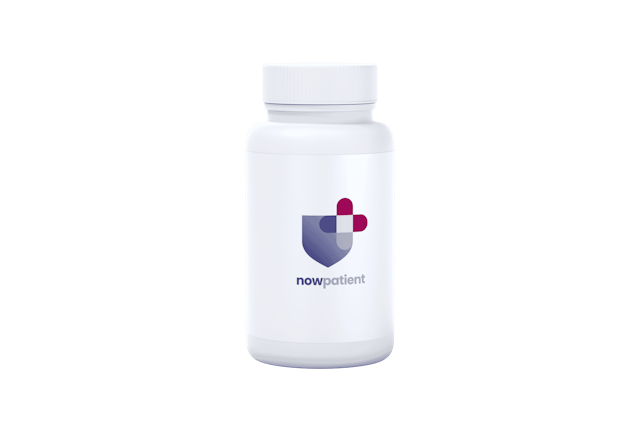Acne
Treatment & Medications
With NowPatient's private treatment plans you can treat Acne safely and easily in a few simple steps. Get started by selecting the available treatments you are interested in below or by hitting the start consultation button.
This content is intended for UK audiences only
Available treatments
Compare treatments
Get started with the right treatment for you
Treatments & Medications
delivery
service

Acne is a skin condition that affects both men and women regardless of their age. Women however, tend to suffer from adult acne more than men. Here, we will take a look at the causes, types, and treatments available. Having a better understanding will help you not only treat episodes of acne, but also provide you with valuable information to prevent breakouts.
Introduction to acne
Acne vulgaris (acne) occurs when the follicles at the base of your hairs become blocked with dead skin cells or oil, resulting in blackheads, whiteheads, pimples, cysts and nodules forming on the surface of the skin. Acne tends to occur more on the face, chest, shoulders and upper back, essentially where there are a greater number of oil glands on your body.
Acne is more common during puberty, however it can continue into adulthood or even develop when you become an adult. The excess production of oil, changes in your hormones, bacteria, and inflammation of the skin are all factors that may lead to the development of acne.
Causes of acne
- Hormonal changes, especially during adolescence and puberty. Increased levels of androgens cause an increased production of oil from the sebaceous glands, causing pores on the skin to become blocked
- Family history, you are more likely to develop acne if your parents suffered with acne
- Medications, such as steroids, lithium, or testosterone, may trigger outbreaks of acne
- Diet, studies have shown that dairy products and foods high in sugar may make the symptoms of acne worse in some people
- Poor skincare
- Friction or pressure on the skin
- Stress
- Pollution
- Humidity
Identifying different forms of acne
Understanding and identifying the different types of acne will help decide the most appropriate treatment options:
- Comedones: These are caused by clogged hair follicles. Better know as blackheads, which occur when the pore is open to the air, and whiteheads, where the pore is closed and not open to the air
- Papules: Small, raised, tender, red bumps caused by inflammation or infection of the hair follicles
- Pustules: Inflamed pimples, containing pus. These typically look like red spots with a yellowish centre
- Nodules: These are more severe than pustules and papules and may lead to scarring if not treated
- Cysts: Pus-filled lesions, larger and more painful than nodules. These may cause serious scarring if not treated promptly
Treatments for mild acne
- Over-the-counter products containing salicylic acid, benzoyl peroxide, or retinoids (vitamin A derivatives). These can help to unblock pores, reduce the production of oil, and promote the turnover of skin cells
- Good skincare hygiene: Washing your face daily with a mild cleanser and not picking your spots or scrubbing your skin, as this may lead to scarring and inflammation
You are recommended to use non-comedogenic makeup or oil-free moisturizers, to prevent the blockage of skin pores. Speak to a dermatologist for further advice if OTC products do not help to manage your mild acne.
Managing moderate acne
- Topical antibiotics such as clindamycin, erythromycin, or tetracycline to prevent the growth of bacteria
- Oral antibiotics, such as doxycycline or minocycline
- Hormonal therapies, such as combined oral contraceptives or spironolactone, may be used for women who have hormonal acne
- Chemical peels or light therapy to help unblock skin pores, exfoliate the skin, and reduce to help reduce inflammation
Treating severe acne
- Oral isotretinoin: This is a potent retinoid treatment that reduces the production of sebum, bacterial growth and inflammation. It does however cause side effects and will need to be monitored by a dermatologist
- Corticosteroid injections: These reduce pain and inflammation associated with the build-up of oil and dead skin cells within the hair follicles (cystic acne)
- Oral antibiotics used in combination with topical treatments to help manage severe acne and prevent further damage and scarring of the skin
Skin care for acne-prone skin
Having a skincare routine is a good idea to help manage your skin if you are prone to acne. Here are some tips to add to your daily skincare routine:
- Use a gentle skin cleanser on your face twice a day. Do not scrub or scrape your skin, as this may irritate your skin further
- Exfoliate your skin, using exfoliants such as salicylic acid or alpha hydroxy acids
- Use oil-free moisturizers to hydrate your skin without clogging up the pores. This is important for all types of skin, including acne-prone and oily skin
- Use a sunscreen, SPF 30 to protect your skin from UV rays
- Avoid touching or picking at your acne, as this may cause scarring and introduce further bacteria and infections
- Use oil-free skincare and makeup to prevent pores from clogging up. Check labels to ensure the products are suitable for your skin
The role of diet in acne
The impact of diet on acne is not clear, but certain factors in your diet may influence the severity of your acne symptoms. Studies suggest that foods high in sugar content, such as sugary snacks and refined carbohydrates, may make acne flare-ups worse. Also, dairy products and foods high in iodine content have also been linked to acne in some individuals.
Maintaining a nutritious balanced diet can help contribute to the overall health of your skin. Make sure you include foods high in vitamins, minerals and antioxidants, such as fruits, vegetables, lean proteins and whole grains. Also, drink plenty of water. Staying hydrated will help you maintain healthy skin. Keep a food diary, to track which foods are causing acne breakouts. Discuss your findings with a healthcare professional for further guidance.
Common acne myths
There are many myths concerning acne. Here, we will take a closer look to see which, if any of these myths are true:
- Poor personal hygiene causes acne: Poor hygiene alone will not cause acne. Factors such as changes in hormone levels, excessive oil production, bacteria, and inflammation are more likely to affect acne breakouts
- Acne only occurs during adolescence and puberty: Acne is more common during puberty, but it can continue into adult life and even begin later in life. Stress and changes in hormone levels may affect the likelihood of acne at any age
- Chocolate and greasy food cause acne: There is not enough evidence to suggest certain foods cause acne. However, making sure you have a healthy balanced diet is important to maintain healthy skin
- Pimples will heal faster if you pick them: Picking pimples may lead to further problems, such as further bacterial infections, inflammation and scarring. Do not touch or squeeze acne spots. Instead, speak to a healthcare professional for the most appropriate advice
By understanding the causes and treatment options available for acne, you can make better-informed choices about how to manage your condition.
What to do about acne scarring
Inflammation due to acne can cause damage to the skin, causing scarring. Acne scars can appear as bumps or pits on the skin, affecting self-esteem.
Treatment options for acne scarring include:
- Creams, gels or lotions containing retinoids (tretinoin, adapalene), azelaic acid or steroids can improve scarring over time
- Chemical peels applied to the affected areas help to remove the top layer of skin, helping to promote new smoother skin
- Exfoliation of the skin to improve the appearance of the skin and reduce mild acne scars
- Laser resurfacing to remove the damaged skin and stimulate the production of collagen
- Injectable dermal fillers to fill in pits, giving a smoother surface
- Microneedling to create micro-injuries in the skin that stimulate the production of collagen
Speak to your dermatologist for medical advice to determine the best treatment option for you and your symptoms.
Dermatologists and acne treatment
Dermatologists specialise in skin conditions. They can provide expert advice and treatment plans for the management of your acne. Based on your needs, a dermatologist may recommend medications, such as creams, antibiotics, hormonal treatments, or isotretinoin.
Dermatologists can also provide advice on lifestyle modifications, skincare routines, and the proper techniques to help manage your acne. They can also perform procedures to treat severe acne, scarring, or any other skin concerns you may have.
The long-term management of acne
There are steps you can take to help prevent and manage breakouts in the long term. These include:
- Cleansing your skin twice a day, moisturise, and using non-comedogenic products. Do not use harsh scrubs, be gentle to your skin
- Avoid touching your face, as this can spread bacteria and oils, causing skin pores to become clogged. Do not pick or squeeze acne lesions, as this may increase inflammation and make scarring worse
- Exercise regularly, manage your stress levels, and make sure you have a healthy balanced diet, high in fruit, vegetables, and whole grains
- Use sunscreens, SPF 30 or higher, and protect yourself from the sun, especially during peak sun hours
- Avoid tight clothing, which may exacerbate acne breakouts. Choose looser, more breathable fabrics and ensure good hygiene
- Stick to simple, gentle skincare routines. Harsh treatments may irritate your skin making acne worse
- Change pillowcases and towels on a regular basis as these may harbour bacteria that contribute to breakouts
Conclusion
Acne is a common skin condition affecting men and women of all ages. To manage your symptoms you will need to understand the causes, types, and treatment options available. Treatment options available, include OTC products, prescription medications, and in-office procedures.
Practicing good skincare, seeking professional help when needed, and adopting preventive measures, can help you achieve clearer, healthier skin, boosting your self-confidence. Everyone’s skin is different, so remember, what works for one person may not work for you. Consult with a healthcare professional to develop a personalized plan that suits your needs specifically.
Sources
What is NowPatient
Telehealth and Online Pharmacy
NowPatient is a licensed online pharmacy and doctor service that is available around the world. Our service is FREE and packed with valuable features that can benefit your health such as medication reminders, educational blogs, medically approved symptoms checker, UK NHS online pharmacy, private treatment plans, Rx Advantage card, health conditions information, affordable medications options, genetic testing, home test kits, health risks, pollen meter, air quality monitor, weight loss plans, drug savings programs and lots more!

WHY WE BUILT NOWPATIENT
To improve the lives of everyone by making high-quality care accessible and convenient
We are here to improve lives. Our service gives you access to smart features and resources that can help empower you to take control of your health and improve your health outcomes. All this, in one place, for FREE. We strive to bring a fresh perspective to managing health. NowPatient can be accessed by downloading the App or using your web browser.
Download our app today

Can I trust NowPatient
Meet our medical team
We are a passionate group of clinicians and medical writers covering a broad range of specialities with experience operating in health systems in the United Kingdom & United States. Providing excellent care and advice is at the heart of everything we do. You can read more about our medical team by visiting the medical team page or learn more about how we curate content by visiting our editorial process
